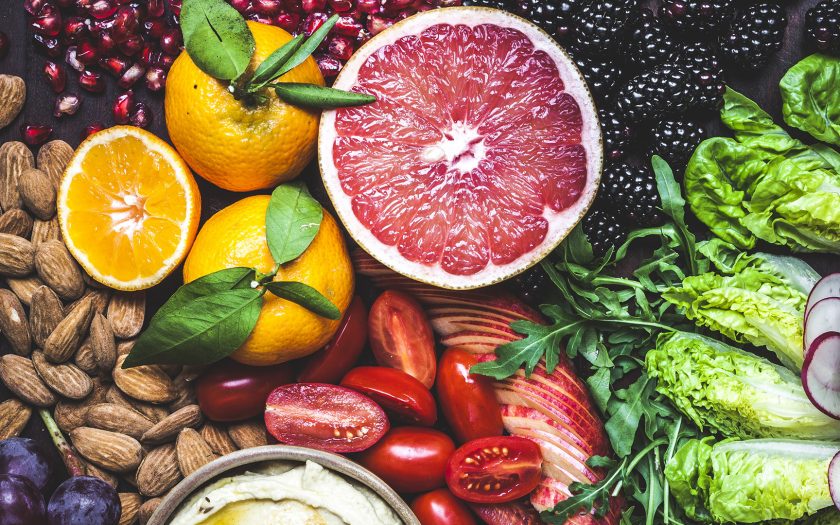Whole grain bread.
One of the most affordable and richest sources of fiber and trace elements is whole meal bread. Rye bread considers being the most useful: it is low in calories and contains a lot of dietaries fiber, which reduces blood sugar and cleanses the digestive tract.
Bran and cereals.
A bowl of cereal with chunks of fruit for breakfast is almost 14 grams of pure fiber. The oatmeal dish contains a quarter of a person’s daily fiber need. The starch in oats slowly digested and absorbed, providing a feeling of fullness for a long time.
Lentils and other legumes.
One cup of cooked lentils contains about 16 grams of fiber. It is a unique source of iron and zinc and does not accumulate toxins. Lentils belong to one of the environmentally friendly products.
Other legumes are also rich in dietary fiber. A cup of white beans contains 13 grams of fiber. In general, all beans are a healthy addition to your diet, but they should be added gradually to avoid gas.
Berries.
Most berries are very rich in fiber. One cup of raspberries contains 8 grams of fiber and only 60 calories. Blueberries are rich not only in fiber, but also virtually free of the harmful sugars found in many dessert berries.
Avocado.
This exotic and rare fruit in our diet will help to solve many of the problems associated with digestion. Avocados are high in fiber; one medium fruit contains about 12 grams of healthy fiber. This fruit is able to improve the composition of the intestinal microflora, enhance peristalsis and is a preventive measure against constipation.
Almonds, pistachios and other nuts.
Almonds have a high concentration of nutrients. It contains nearly 13 grams of unsaturated fat and 3.4 grams of fiber. By eating this nut, you can get 14% of the daily need for fiber.
Pear.
Pear is rich in healthy fiber: medium-sized fruits contain up to 5 g of fiber. This fruit contains more fructose than glucose and is therefore considered beneficial for pancreatic dysfunction. Ripe, juicy and sweet pears help digest food.
Flax seeds.
They contain both soluble and insoluble fiber, and there are 2.8 g of fiber per tablespoon. Flax seeds oil often used as a laxative and flax seeds products lower blood cholesterol levels. The high content of mucus in flax seeds protects the inflamed mucous membrane of the esophagus and gastrointestinal tract from irritation, reduces the absorption of toxins. Flax seeds promote the elimination of undigested food residues, which has a positive effect on people suffering from constipation and obesity.
Dried fruits: raisins, prunes.
Prunes have a positive effect on the intestines, and one of the reasons for this is their high fiber content (3.8 g per half cup). To improve digestion, add raisins, apricots, or other dried fruits to your diet as a snack between meals.
Green vegetables.
Green vegetables are high in iron and fiber. One cup of spinach, turnip leaves, or beets contains 4 to 5 grams of fiber.

